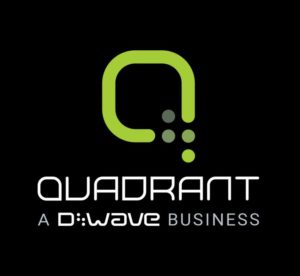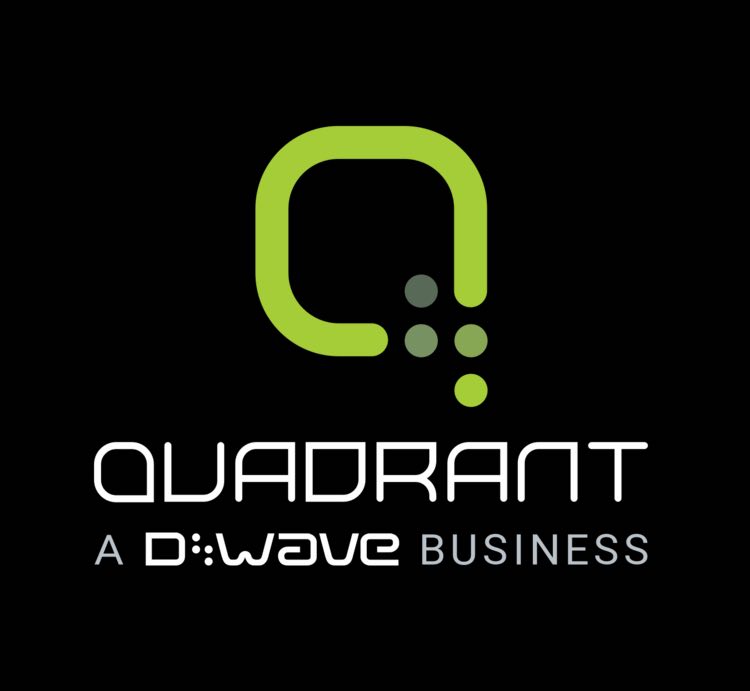 Today D-Wave Systems launch its new Quadrant business unit, formed to provide machine learning services that make state-of-the-art deep learning accessible to companies across a wide range of industries and application areas. Quadrant’s algorithms enable accurate discriminative learning (predicting outputs from inputs) using less data by constructing generative models which jointly model both inputs and outputs. Quadrant offers the services of its in-house experts to help customers get the benefit of leading-edge machine learning solutions.
Today D-Wave Systems launch its new Quadrant business unit, formed to provide machine learning services that make state-of-the-art deep learning accessible to companies across a wide range of industries and application areas. Quadrant’s algorithms enable accurate discriminative learning (predicting outputs from inputs) using less data by constructing generative models which jointly model both inputs and outputs. Quadrant offers the services of its in-house experts to help customers get the benefit of leading-edge machine learning solutions.
D-Wave is committed to tackling real-world problems, today,” said Vern Brownell, CEO at D-Wave. “Quadrant is a natural extension of the scientific and technological advances from D-Wave as we continue to explore new applications for our quantum systems.”
Quadrant’s generative models combine the flexibility of deep neural nets with probabilistic graphical models to obtain the benefits of both. Arising from research into the application of quantum computing to machine learning, Quadrant solutions provide world-leading performance across a number of generative and discriminative benchmark problems. Unlike traditional approaches that require large volumes of labeled data, Quadrant’s models deliver the benefits of high performance deep learning without the expense required to create large high-quality labeled datasets.
Machine learning has the potential to accelerate efficiency and innovation across virtually every industry. Quadrant’s models are able to perform deep learning using smaller amounts of labeled data, and our experts can help to choose and implement the best models, enabling more companies to tap into this powerful technology,” said Handol Kim, Sr. Director, Quadrant Machine Learning at D-Wave.
Today, D-Wave also announced Quadrant’s first work with Siemens Healthineers, a global leader in medical technology. Siemens Healthineers and D-Wave took first place in the CATARACTS medical imaging grand challenge, using Quadrant’s generative machine learning algorithms to identify surgical instruments in videos with high accuracy. These algorithms are being researched as a way to improve patient outcomes through better augmented surgery and ultimately computer-assisted interventions (CAI).
Quadrant has the potential to unlock insights hidden within data and accelerate innovation for everything from banking and quantitative finance, to medical imaging, genomics, and drug discovery.” said Bill Macready, Senior VP of Machine Learning at D-Wave.
Designed to be used with D-Wave’s quantum technology, Quadrant solutions run today on standard GPU-based systems, allowing businesses to leverage generative machine learning immediately. D-Wave plans to integrate the Quadrant solutions in hybrid quantum/classical platforms for use with its next generation quantum system, which is currently in development with prototypes being tested.




